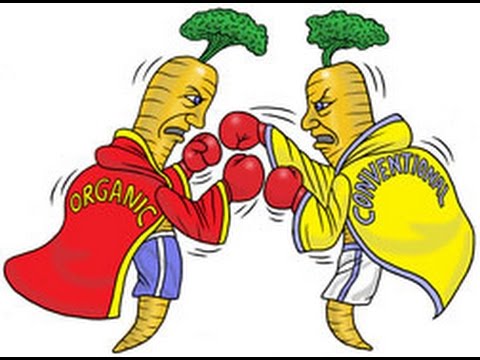Some 20 years ago or so I sat in an organic agriculture class and listened to my professor introduce the subject and talk about what “organic” means. He explained that it can be argued that everything is “organic” because at the end of the day, all things we work with come from the Earth in one way or another. The professor was an old school farmer from Illinois who had grown up in a family of farmers, and he knew the industry inside and out – the good, the bad, and the ugly. Politically and socially conservative, what was he doing teaching organic agriculture?
When he as a child growing up in Illinois he said that crop dusters would spray DDT over not just the crops, but over himself and the other kids playing in the schoolyard as they passed over the school to the next field. Post-WWII, the creator of DDT was given the Nobel Peace Prize for it’s use as a contact poison against arthropods. A “contact poison”, what could possibly go wrong? In 1962, by the time Rachel Carson’s ‘Silent Spring’ came out, it was apparent a lot was going wrong. Carson wrote about the devastating effect that DDT was having on the environment, and as a carcinogen wreaking havoc to all life around the world. DDT manufacturers, such as Monsanto, fought this assertion. Despite the efforts of the industry spin doctors, by 1972 the evidence became irrefutable, and DDT was banned in the United States. DDT destroyed ecosystems and human lives around the world, and in this case, drove one old school farmer east to teach organic agriculture.
There are two main arguments used by people protecting conventionally grown foods. The most common rallying cry is that organic foods are not “better” for you than conventionally grown products. The second spin often presented is that organic farmers use pesticides too.
Claiming that organic foods are not “better” for us, is a classic spin doctor move in the public relations industry, better known as smoke and mirrors. Lobbyists and Farm Bureau reps love play this card. This argument compares a conventionally grown crop, such as broccoli, to the same organically grown crop. The two are examined exclusively for nutritional content which is usually similar, if not identical. Organic naysayers will follow with, “There, the argument is done. They are the same, period.”
That’s not an argument, it is a deflection, a spin move to get out of a talking about pesticides. The reason this angle is brought up time and time again is because organic opponents don’t want to talk about the pesticides that are used to grow the conventional crops. For example, glyphosate which is an endocrine disruptor, interfering with the production and function of hormones, is used on many conventionally grown crops around the world. The WHO has know listed glyphosate as a probable carcinogen, a claim vehemently denied by Monsanto who produces the chemical under the name Roundup. Gyphosate, aka Roundup, cannot be used on any certified organic food.
Understanding the difference between natural and synthetic pesticides is not as cut and dry as the smoke and mirrors presented in argument number one. If organic crops have pesticides what’s the difference, what makes them organic? Organic pesticides, when used, come from natural sources, and are not synthetically manufactured toxic substances like glyphosate. Additionally, organic pesticides must be applied using equipment that has not been used to apply any synthetic pesticides for at least three years, and the land being planted cannot have been treated with synthetic materials for the same period of time. Are all organic pesticides good for you? That is far from certain, but you can be assured that they are not carcinogens and hormone disruptors like Monsanto’s glyphosate, or their previous golden child DDT.
Organic is the fastest growing segment in the food industry. The competition to conventionally grown crops is fierce and it’s clear the gloves are coming off. The claim that organic food is a marketing gimmick, is in itself a marketing gimmick. What does that mean? Big Ag spin doctors will say anything they can to protect the interest of the shareholders, and more importantly protect themselves from having an open mind. It is a simple-minded argument to protect the market share for cheap food.
There is no cheap food. Cheap food comes at a high cost when you factor in healthcare costs, and damage to the environment. The only marketing gimmick is the spin that is put on trying to keep the wool pulled over our the eyes of consumers as the market demands healthier food.



